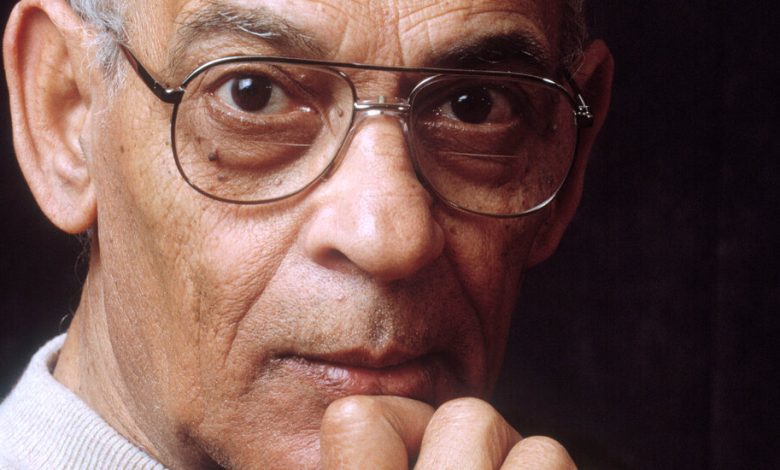Sami Michael, Israeli Novelist With Arabic Roots, Dies at 97

Sami Michael, an Iraqi-born Israeli writer whose novels illuminate the world of Jews from Arabic countries and the prejudices and discrimination that they, as well as Israeli Arabs, have experienced, died on Monday in Haifa, the mixed Jewish-Arab city in Israel where he lived. He was 97.
His death was announced by the office of President Isaac Herzog of Israel, who in a statement extolled Mr. Michael as a “giant among giants.”
Like many exiles, Mr. Michael (pronounced mee-KAH-ale) had one foot planted in the country where he settled and the other in the country he left behind. He fled Iraq in 1948 after the outbreak of war between the newly formed nation of Israel and its Arab neighbors, Iraq among them. As a Jew and a Communist activist, he had been threatened with prison and execution in Iraq.
In Israel, he said, he found that as a 23-year-old refugee from the Middle East, he was looked down upon and treated like a second-class citizen by Jews of European origin.
“When he came to Israel, he wasn’t seen as equal to the European immigrants, and he had to fight against that,” said Nancy E. Berg, a professor of Jewish, Islamic and Middle Eastern studies at Washington University in St. Louis and the author of “More and More Equal: The Literary Works of Sami Michael” (2004). “That led him to the kinds of things he writes about in his books.”
A native Arabic speaker, Mr. Michael had to master Hebrew, and when he did, he published his first novel in 1974, with the title “All Men Are Equal — But Some Are More,” a variation on a quotation from George Orwell’s “Animal Farm.” (The title has also been rendered in English as “Equal and More Equal.”)
